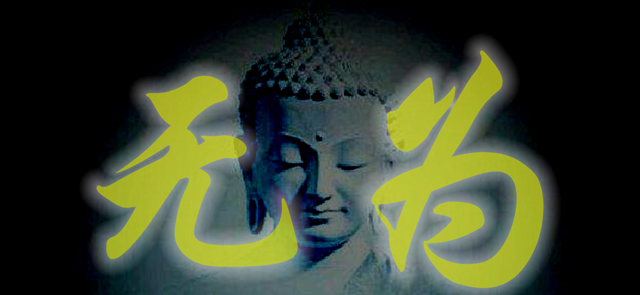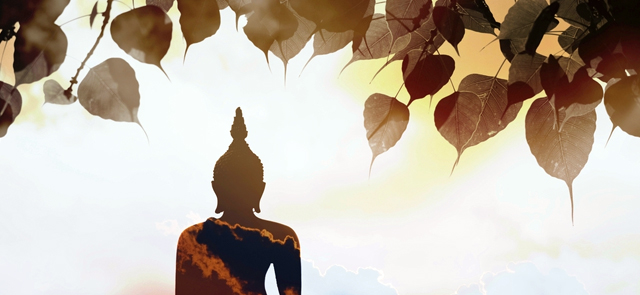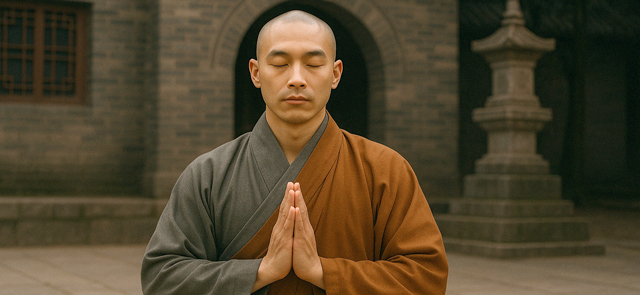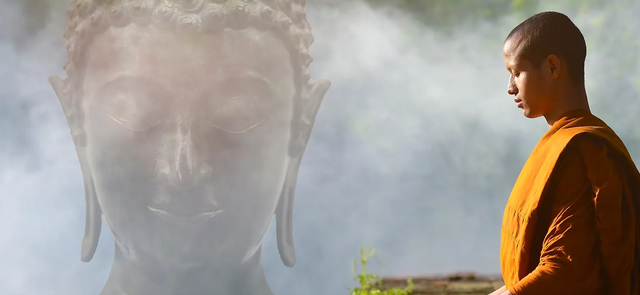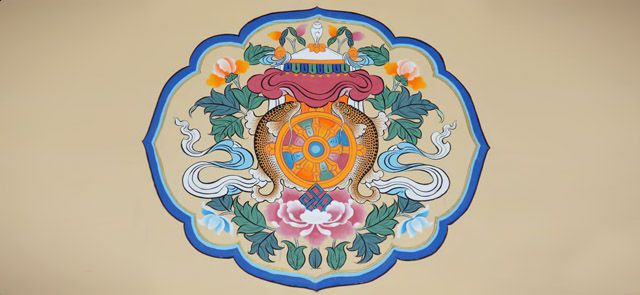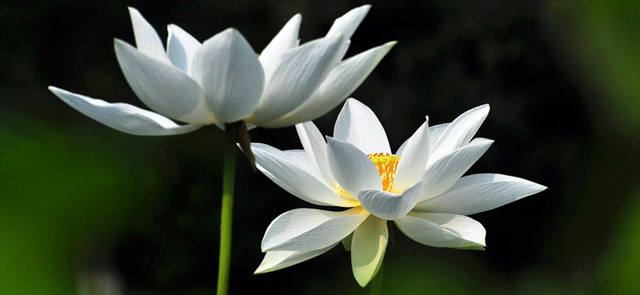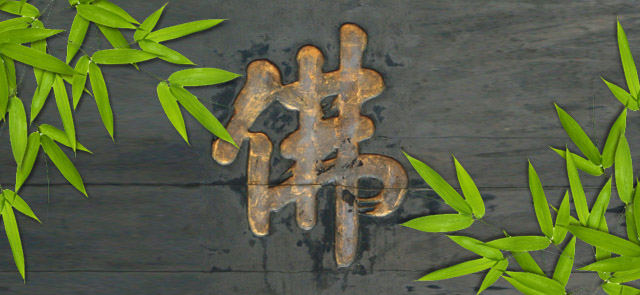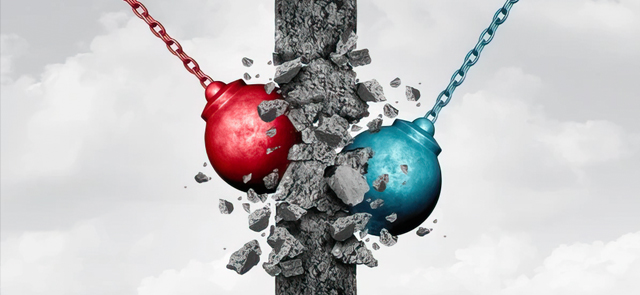Central to Shaolin philosophy is the concept of Wu Wei [Chin.: wúwéi 无为], a profound principle that guides practitioners on the path of martial arts, enlightenment, and harmonious living. Wu Wei, which translates to "effortless action" or "non-action," encapsulates the essence of Shaolin wisdom. It teaches the alignment of mind, body, and spirit, enabling practitioners to act spontaneously and skillfully in any situation.
In the bustling training grounds of the Shaolin Temple, where disciples practice diligently to master their physical techniques, there exists a profound understanding that true mastery goes beyond the physical realm. The monks and martial artists of Shaolin recognize that the mind and spirit are equally essential to the practice. They understand that only by attaining harmony within oneself can one hope to achieve Wu Wei.
At its core, Wu Wei is not about laziness or inaction. It is a state of being fully present, free from mental and emotional hindrances that impede one's natural abilities. When a practitioner is in Wu Wei, their actions flow effortlessly, without the interference of doubt, fear, or overthinking. It is a state of complete immersion in the present moment, where instinct and intuition guide their movements.
To cultivate Wu Wei, practitioners embark on a journey of self-discovery and self-mastery. They learn to quiet their minds, cultivate mindfulness, and connect deeply with their bodies. Through dedicated practice and discipline, they transcend the limitations of the ego and embrace the interconnectedness of all things. They come to understand that their actions are not separate from the world around them but are instead an expression of the universal flow.
The practice of Wu Wei requires surrendering the ego's desire for control and embracing the wisdom of the Tao, the underlying principle of all things. It involves trusting in one's training and abilities, allowing the body to move naturally and effortlessly. When faced with an opponent, a practitioner in Wu Wei does not force their movements or rely solely on brute strength. Instead, they respond spontaneously, effortlessly adapting to the ever-changing dynamics of the situation.
Through the embodiment of Wu Wei, practitioners discover that true strength lies in fluidity, flexibility, and adaptability. They become attuned to the subtle energies and intentions of others, effortlessly evading attacks and redirecting the force of their opponents. Their movements become harmonious, efficient, and graceful, reflecting the natural order of the universe.
Beyond the physical realm, Wu Wei extends into all aspects of life. The Shaolin philosophy teaches that by aligning mind, body, and spirit, individuals can attain balance, peace, and fulfillment. Whether in combat, daily interactions, or personal endeavors, the principle of Wu Wei guides practitioners to act with clarity, integrity, and compassion.
In the practice of Wu Wei, there is no room for ego-driven desires, selfish ambitions, or ill-intentions. Instead, practitioners cultivate virtues such as humility, patience, and empathy. They understand that true mastery is not about overpowering others but about harmonizing with the world around them. In this way, they become agents of peace and positive change, inspiring others through their actions and embodying the highest ideals of Shaolin philosophy.
In conclusion, Wu Wei stands as a central pillar of Shaolin philosophy, illuminating the path towards self-realization and mastery. It teaches practitioners to align their mind, body, and spirit, enabling them to act with effortless action and profound wisdom. Through Wu Wei, they transcend the limitations of the ego and tap into the universal flow, manifesting harmony, strength, and grace in all they do.
